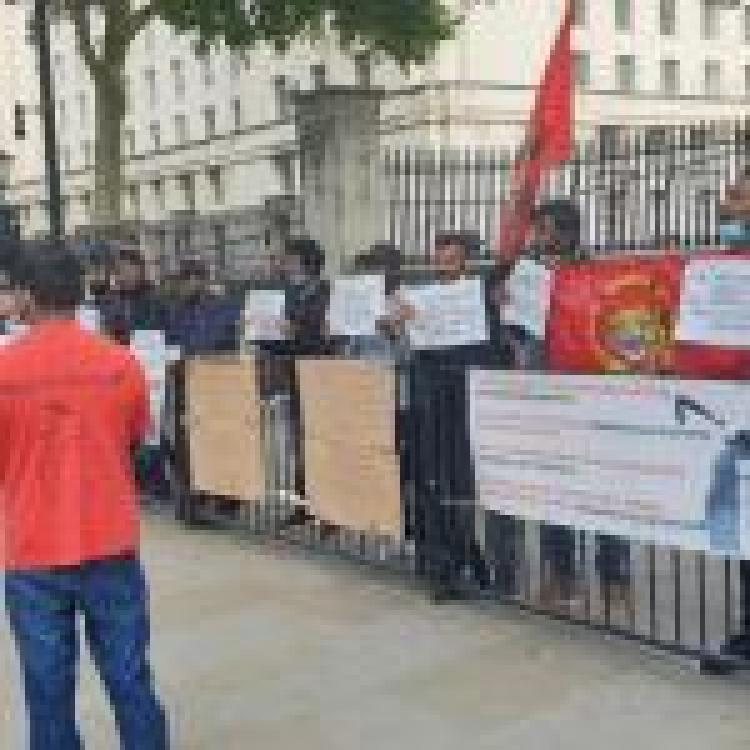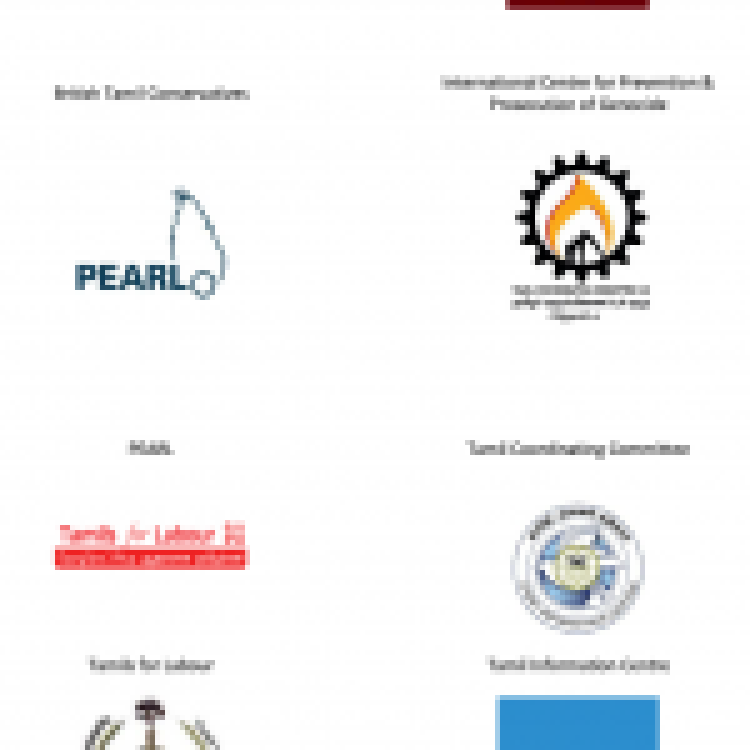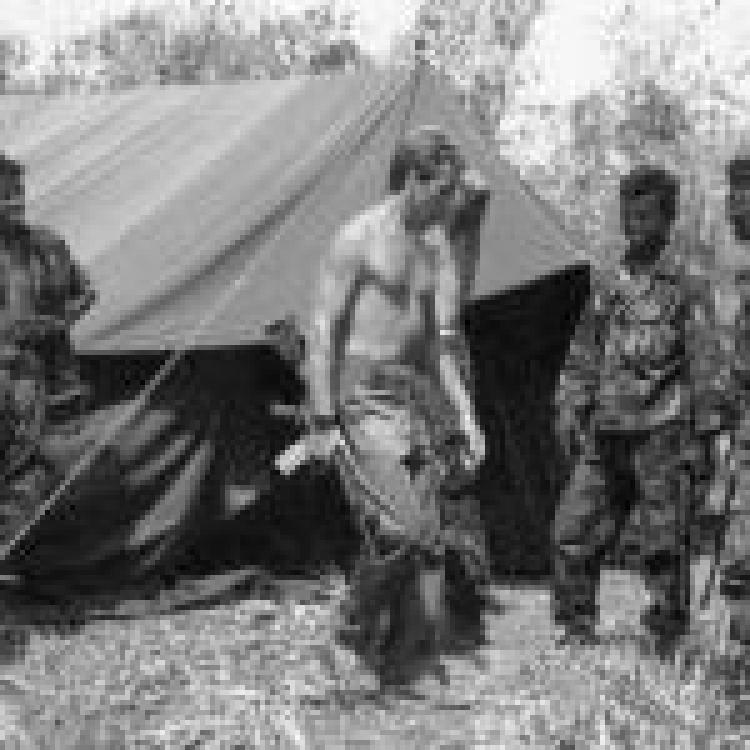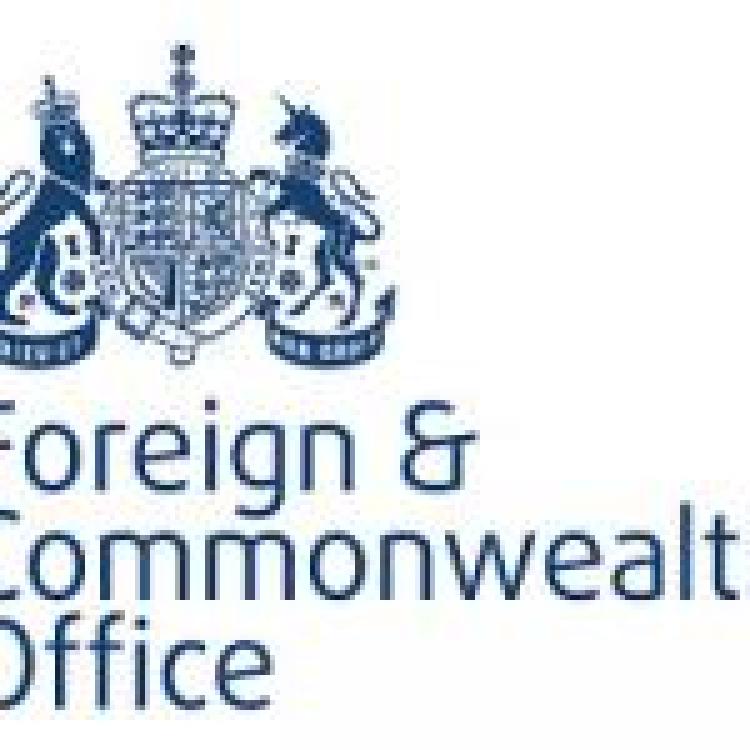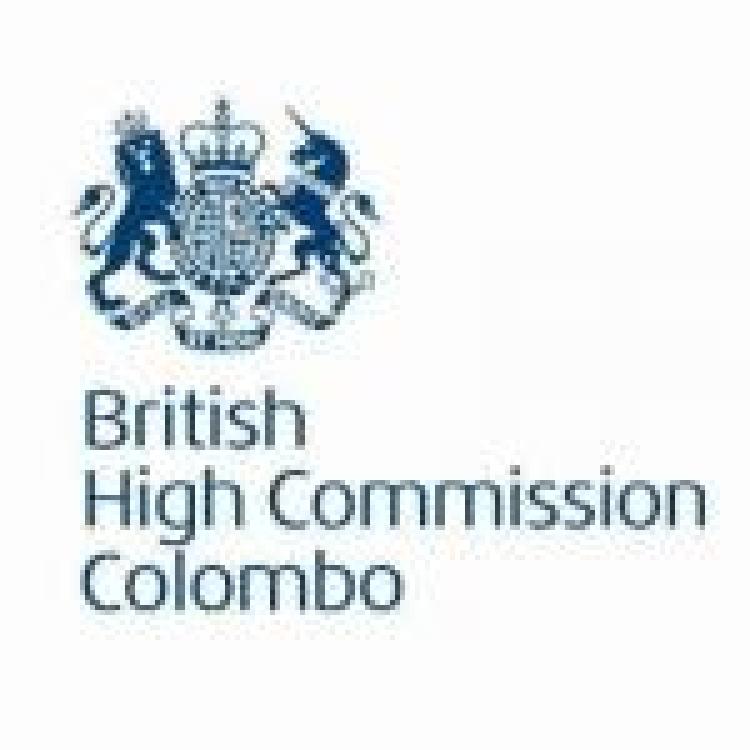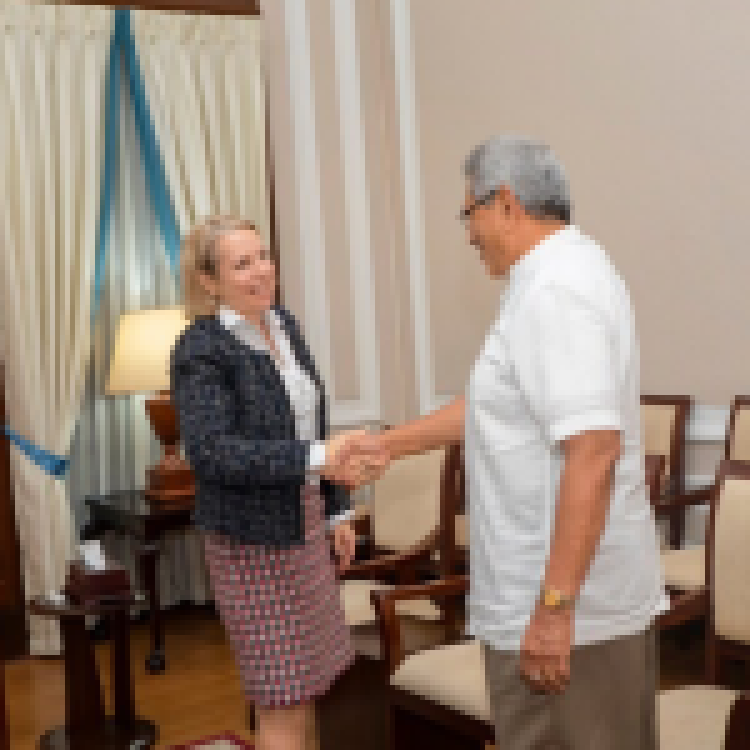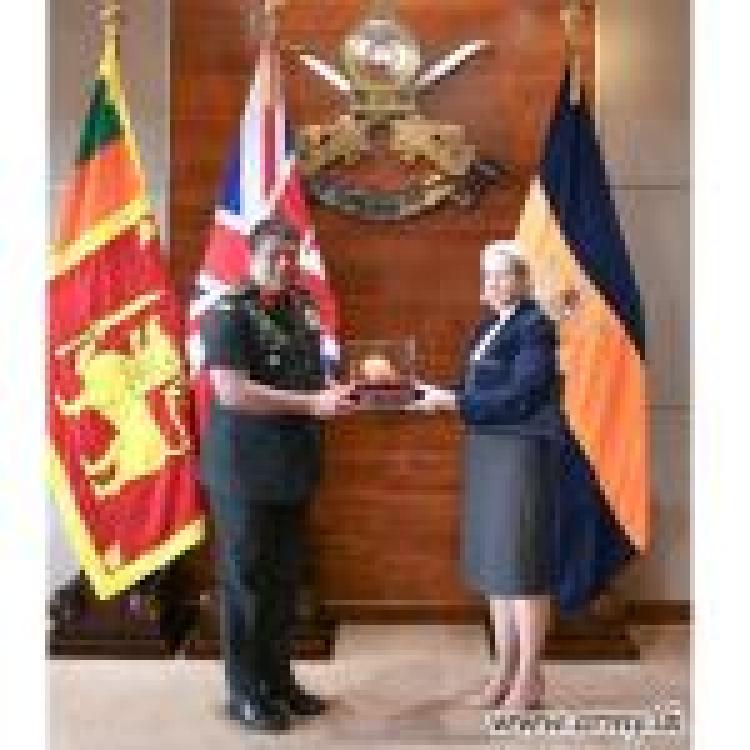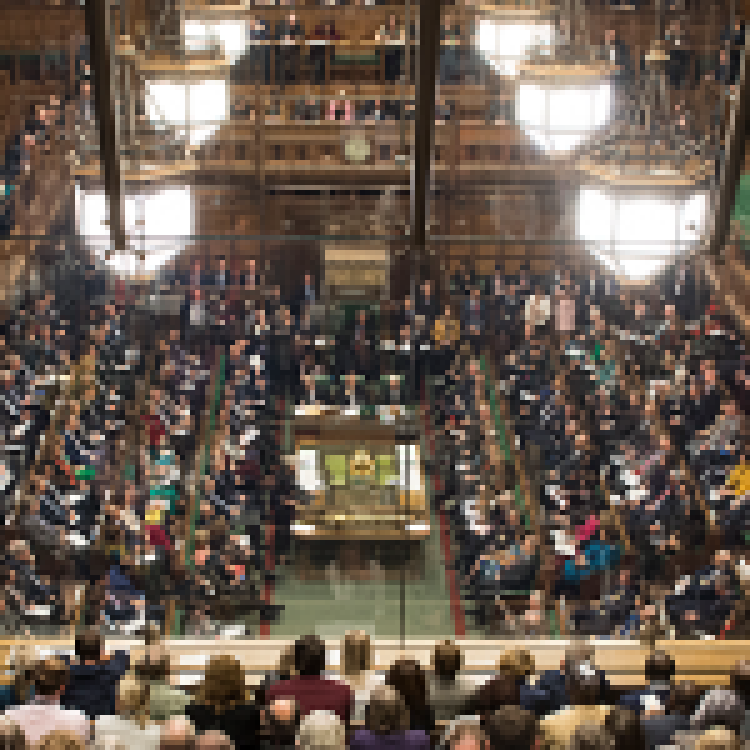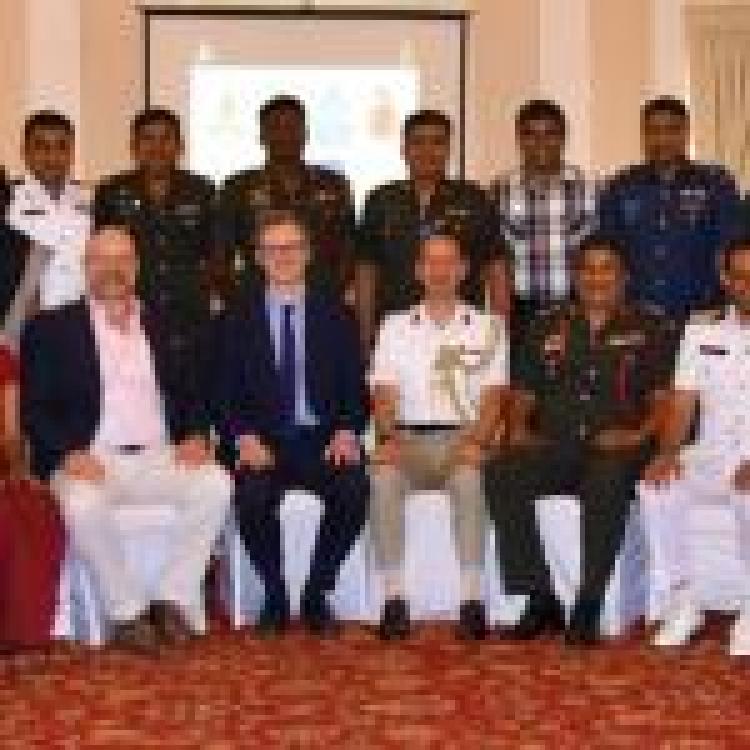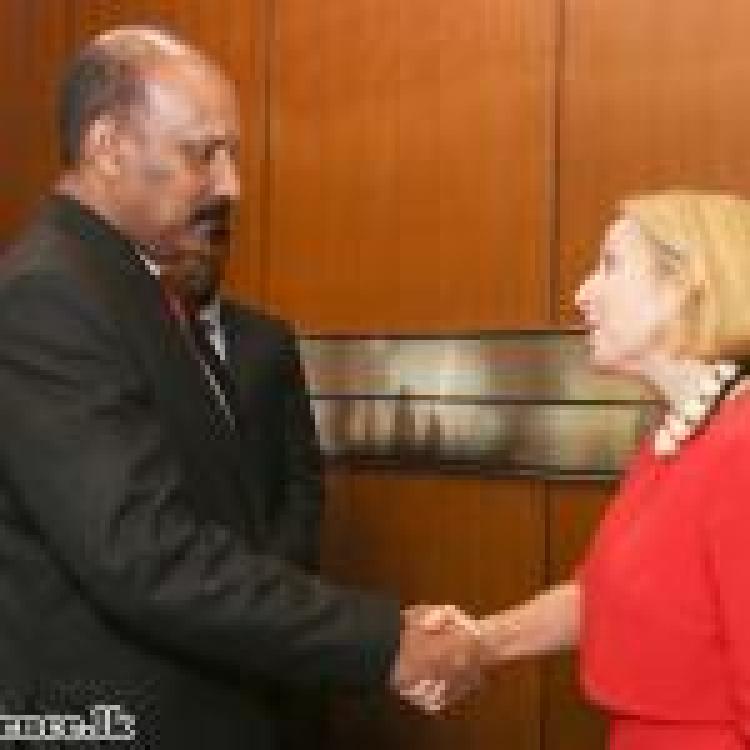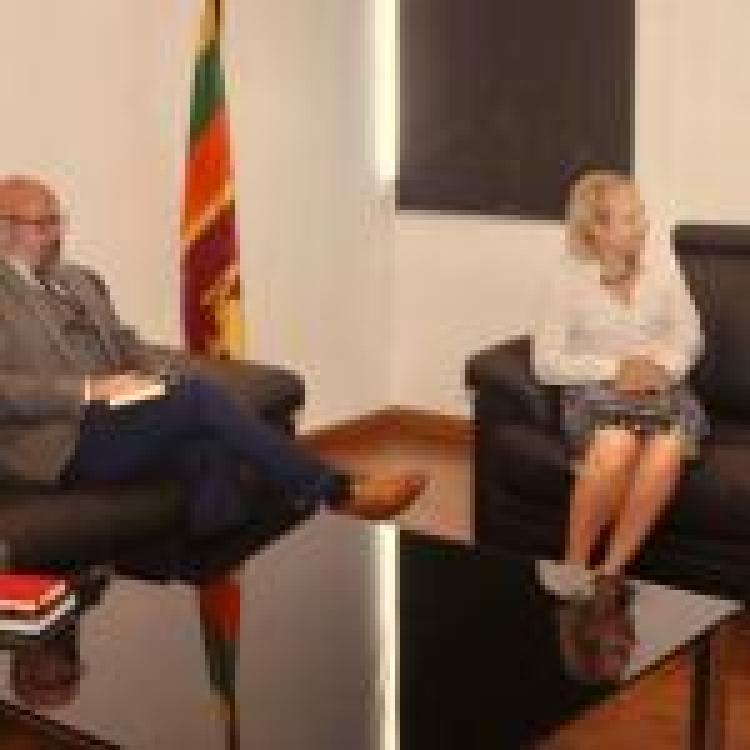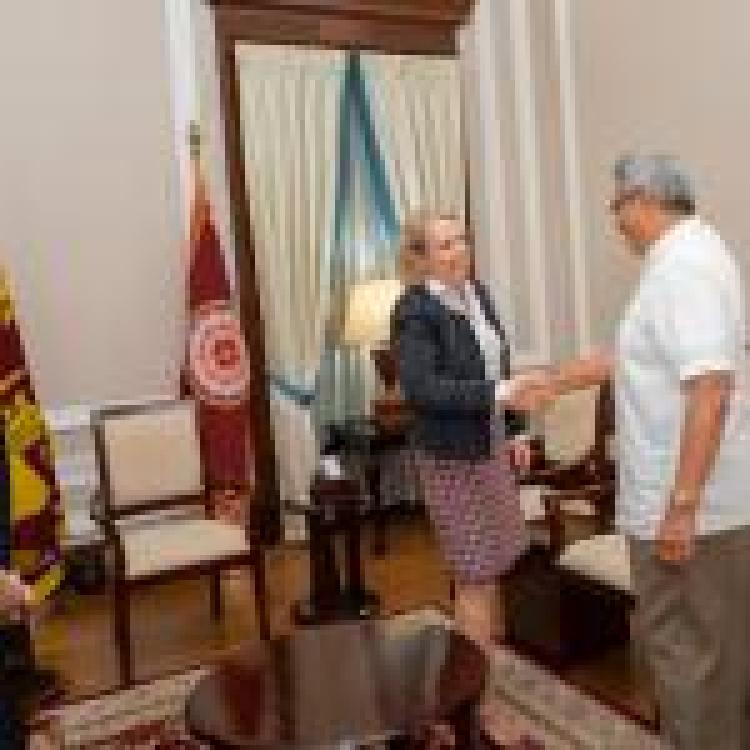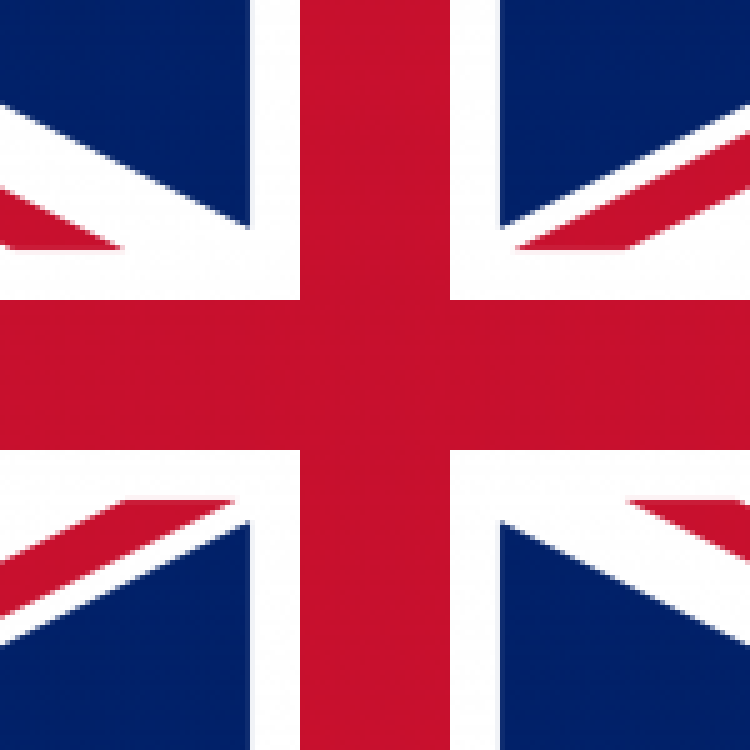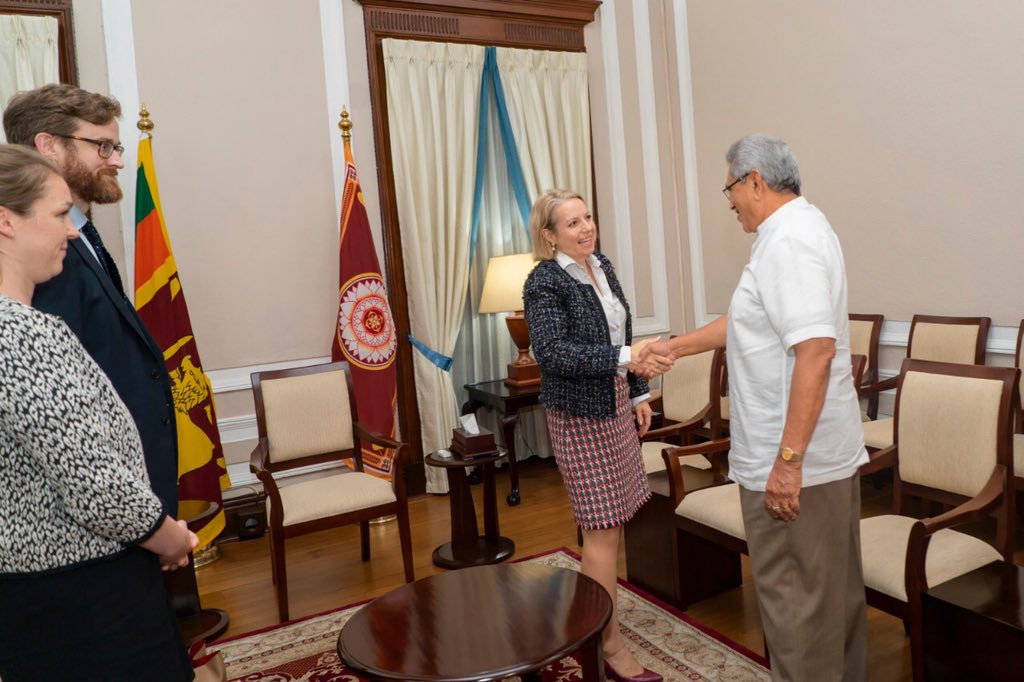
British High Commissioner Sarah Hulton with Sri Lankan president Gotabaya Rajapaksa last year.
The British government said that it “carefully consider(s) our engagement with individuals accused of human rights violations against the operational urgency and essential nature of the discussion,” when questioned on its engagement with Sri Lanka last week.
Responding to a question from Thangam Debbonaire, Shadow Secretary of State for Housing, James Heappey, the Parliamentary Under-Secretary of State for Defence, said that “our Defence Engagement programme with Sri Lanka is to encourage the development of a modern, accountable and human rights compliant military”.
“Promoting adherence to international humanitarian law and human rights compliance is integral to our engagement,” he added. “We constantly review our relationship with the Government of Sri Lanka and continuously monitor the context and viability of the approach, to ensure that UK assistance and engagement is in line with our values and is consistent with our domestic and international human rights obligations.”
When questioned on the “potential merits of withdrawing the UK's resident Defence Advisor from Sri Lanka”, Heappey said that the role “forms an important contribution to our efforts to hasten the development of a modern, accountable and human rights compliant military”.
“We carefully consider our engagement with individuals accused of human rights violations against the operational urgency and essential nature of the discussion,” he added.
“Recent engagement with key Sri Lankan officials has been to discuss urgent Covid-19 operational issues, including the safe return of British nationals to the UK and the welfare safeguarding of the remaining British nationals in Sri Lanka.”
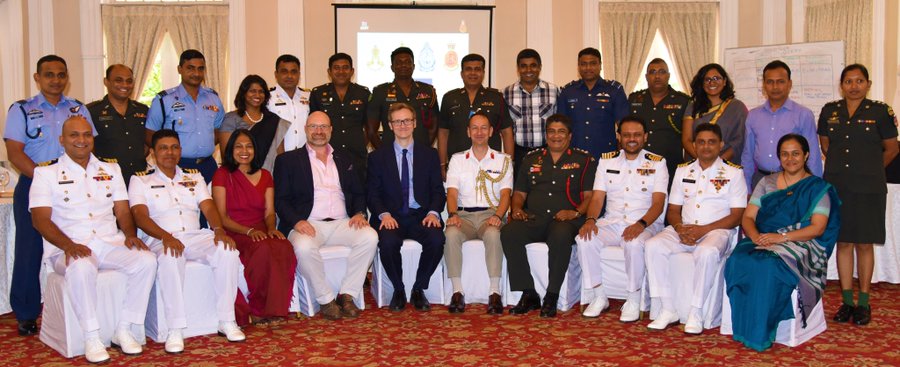
British officials conducting a training session for the Sri Lankan military earlier this year.
Heappey’s comments come as concerns continue to grow over Britian’s engagement with the Sri Lankan government and the war crimes accused military. Earlier this year, Britain’s Royal Military Academy Sandhurst conducted a training session for the Sri Lankan military, despite the long standing reports of human rights abuses and massacres committed by Sri Lankan soldiers.
Britain’s High Commissioner to Sri Lanka Sarah Hulton has also met with both Sri Lankan president Gotabaya Rajapaksa, defence secretary Kamal Gunaratne and army chief Shavendra Silva, both of whom are accused of overseeing mass atrocities. Silva is currently barred from entering the United States over his involvement in mass atrocities. Before being appointed to the head of Sri Lanka’s army, Silva oversaw a military division that was involved in shelling hospitals and executing surrendering Tamils, in an offensive that killed tens of thousands of Tamils in 2009.
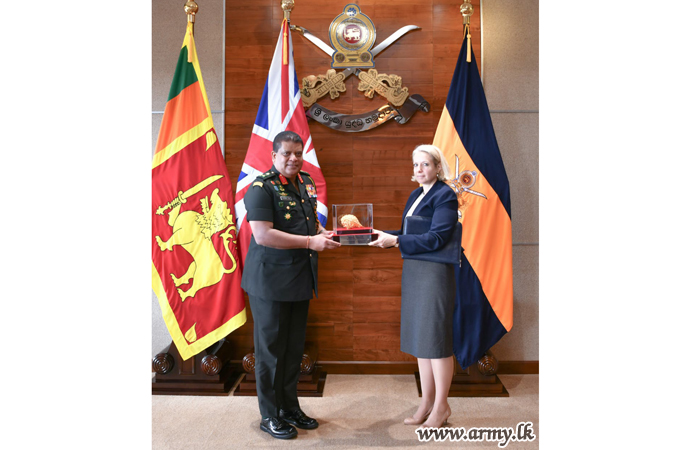
Hulton with Shavendra Silva earlier this year.
.jpg)
Hulton with Kamal Gunaratne earlier this year.
In addition to the training that the military receives, Gunaratne had called on the British government to share military intelligence and technology to combat “terrorism”, as he slammed the Tamil diaspora earlier this year.
Meanwhile, the British Tamil diaspora has been calling on the UK to ensure any engagement with Sri Lanka’s military is curtailed – highlighting how Sri Lanka’s current Defence Attaché in London Brigadier BDSN Bothota, should be declared a ‘persona non grata’ and arrested for atrocity crimes and genocide.
The letter from the diaspora groups last month came just weeks after the Metropolitan Police confirmed that they had opened an investigation into allegations of war crimes committed by British mercenaries against Tamils in Sri Lanka.
Despite these concerns, Heappey did not clarify whether such future engagement with the Sri Lankan military would come under further scrutiny. Though the UK had earlier said it will “keep all evidence and potential listings under close review” when questioned on whether Sri Lankan officials involved in rights abuses would be added to a newly announce sanctions regime, there has been no further news on new names that may be added.
“The UK Government will continue to work with international partners and press for truth, reconciliation, accountability and justice following the conflict in Sri Lanka, to ensure all communities can live peacefully,” concluded Heappy.

